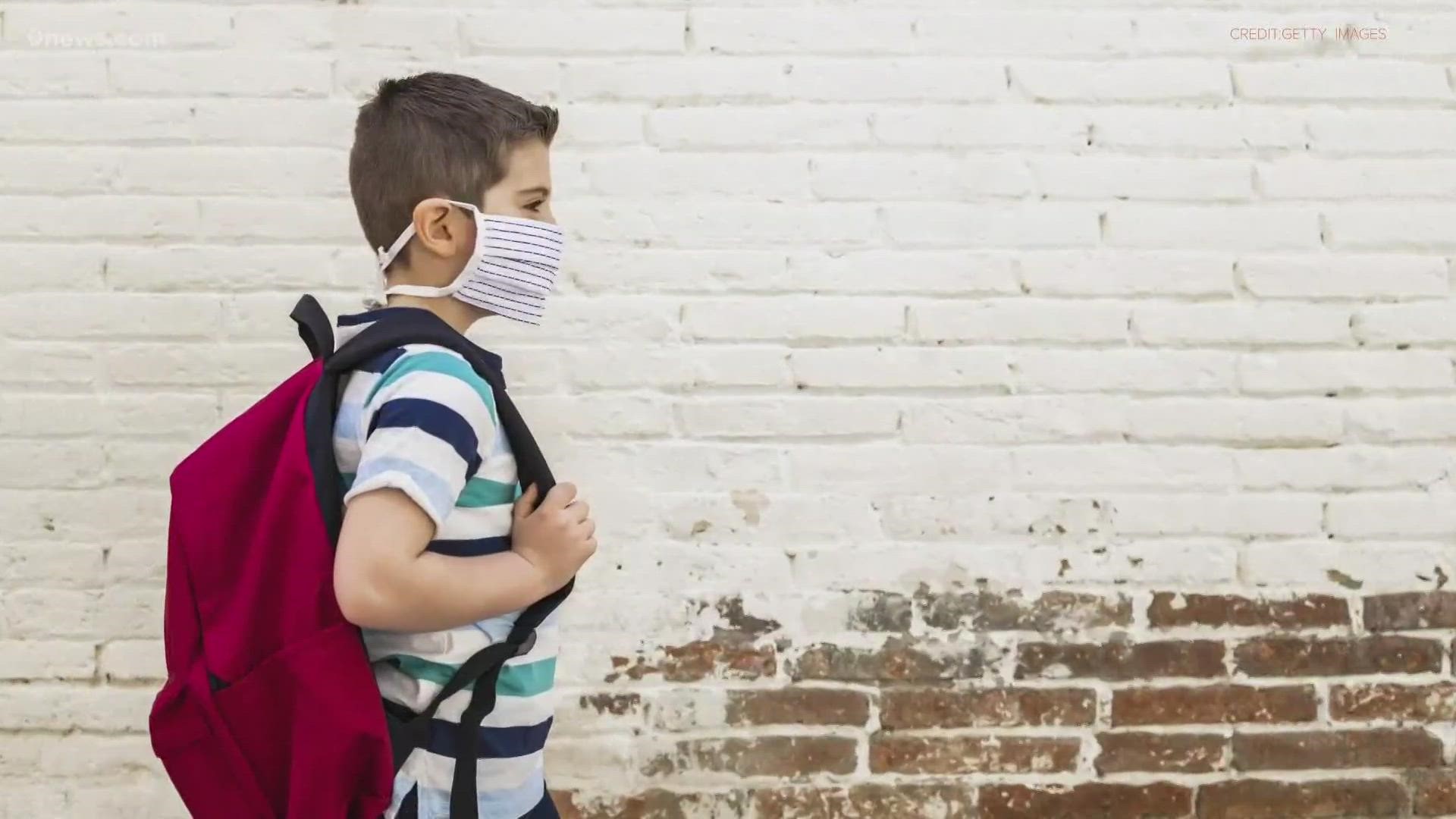DENVER — A panel that included education leaders and 9Health Expert Dr. Payal Kohli covered a wide range of topics in a televised town hall on the various changes affecting students, parents and teachers this year amid the COVID-19 pandemic.
The panel discussed topics including the challenges associated with remote learning, preventing the spread of the virus among students and teachers engaged in in-person learning, as well as the impact on athletics.
>> You can watch the full town hall above.
Mark Ferrandino, Deputy Superintendent of Operations for Denver Public Schools (DPS), said the district is working closely with local and state health officials to develop its plans and decide when it will be safe to offer in-person education. The district currently plans to only offer remote learning for the first quarter.
Ferrandino said DPS is looking at "significant mitigation efforts" including requiring masks for all students, requiring three feet of distance between students and six feet for adults, and cohorting students so that smaller groups of students are mixing with each other.
Strasburg 31J School District is already offering in-person education. Superintendent Monica Johnson said her district's plan is to follow Tri-County Health's direction and be prepared to use remote learning if needed.
"If the worst-case scenario is you can no longer do face-to-face instruction, you have to do something remote, then as educators, we've anticipated that and we've put systems in place in order to ensure students will continue to receive education and instruction," Johnson said.
Dr. Kohli said nationally, cases of COVID-19 among children are on the rise, showing that kids are not immune and are capable of catching and spreading the virus. Increased testing and increased socialization will cause the numbers to go up, Kohli said.
The panelists addressed the challenge of enforcing mask-wearing policies, how to make bus travel safer and how to ensure students are engaged in online learning.
Attendance proved to be a problem for DPS after it switched to remote learning in the spring. Ferrandino said the district has learned from that experience and is now making more of an effort to identify students who aren't engaged and to follow up with them. The district is also focusing on social and emotional learning, Ferrandino said.
Access to technology for low-income students was another major issue the panel addressed. Colorado Commissioner of Education Katy Anthes said the state has been working hard to get resources to students, providing $510 million to districts so they can purchase devices and wi-fi hot spots.
Even with adequate funding, though, computers have proven to be difficult to come by for educators due to supply chain problems. Ferrandino said DPS is still waiting for devices it ordered in May.
RELATED: New CEO for KIPP Colorado Schools makes sure students have equal access to virtual learning
As for sports, Colorado High School Activities Association (CHSAA) Commissioner Rhonda Blanford-Green called the pandemic's impact on athletics and other activities the "forced normal."
"Everyone says 'new normal,'" Blanford-Green said. "This isn't something you talk about, a new car or a new house. This is about being forced to make decisions around what we're traditionally used to doing and they've been very tough decisions."
She added that CHSAA is excited about all sports having a season, and pushing back fall sports was the way to make that happen.
SUGGESTED VIDEOS: Latest from 9NEWS

